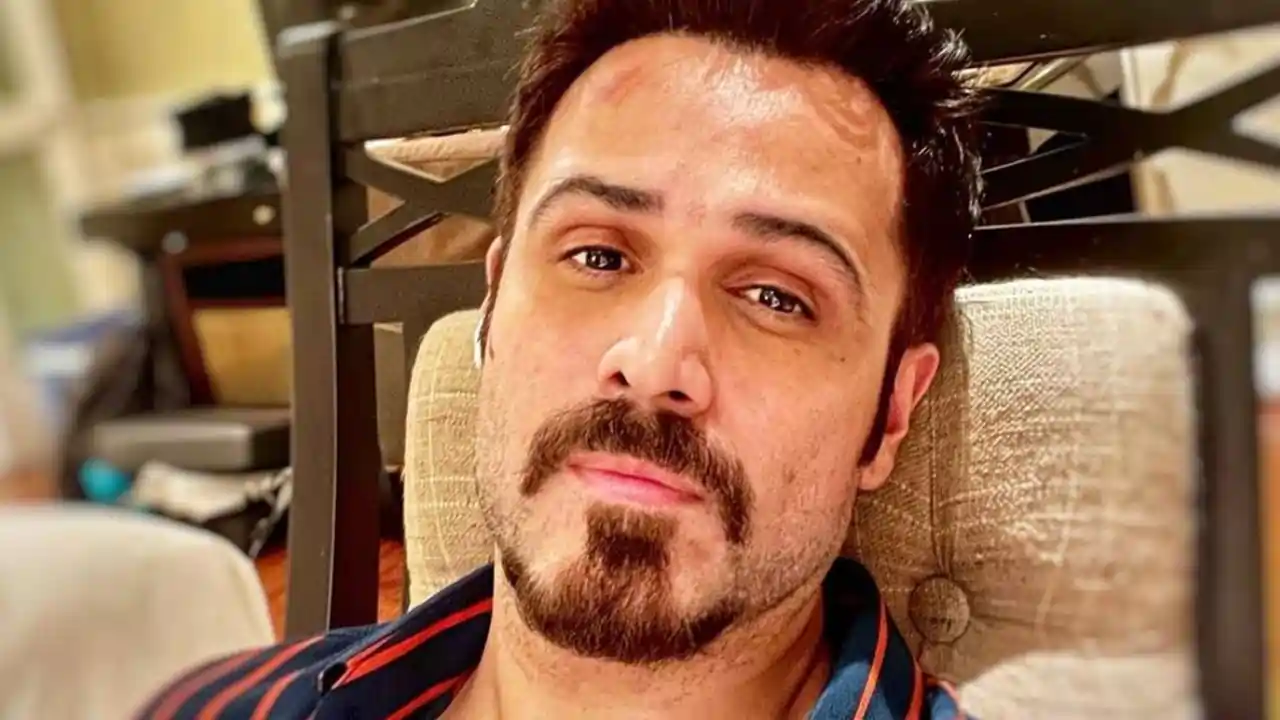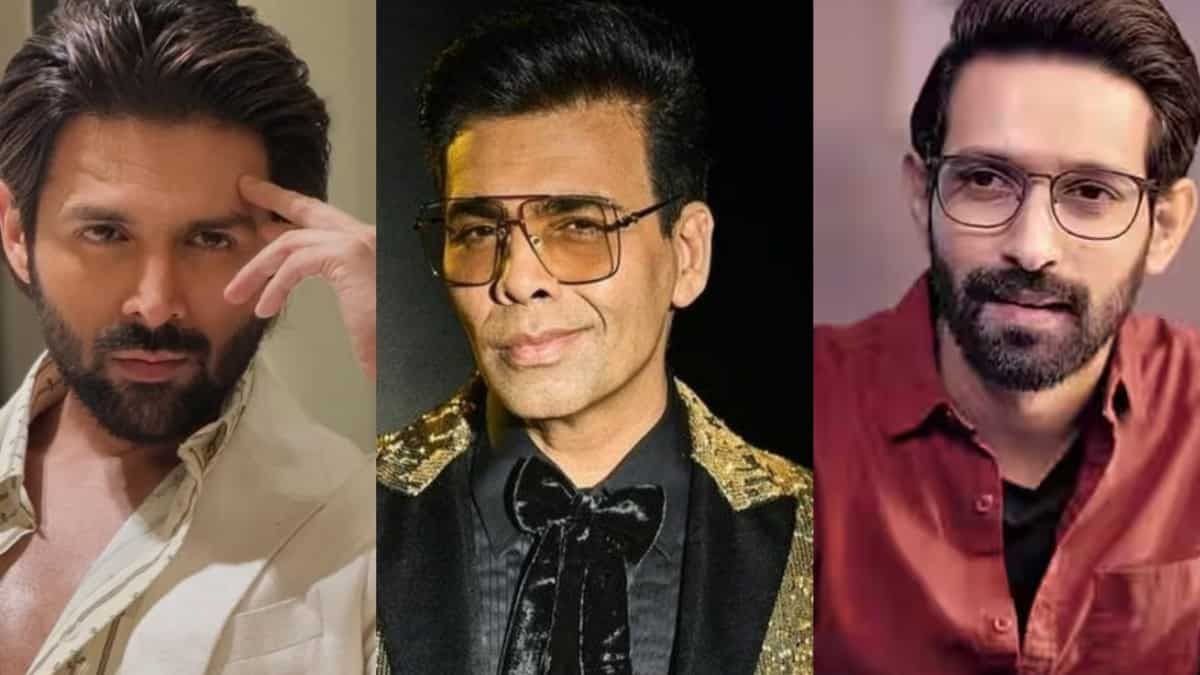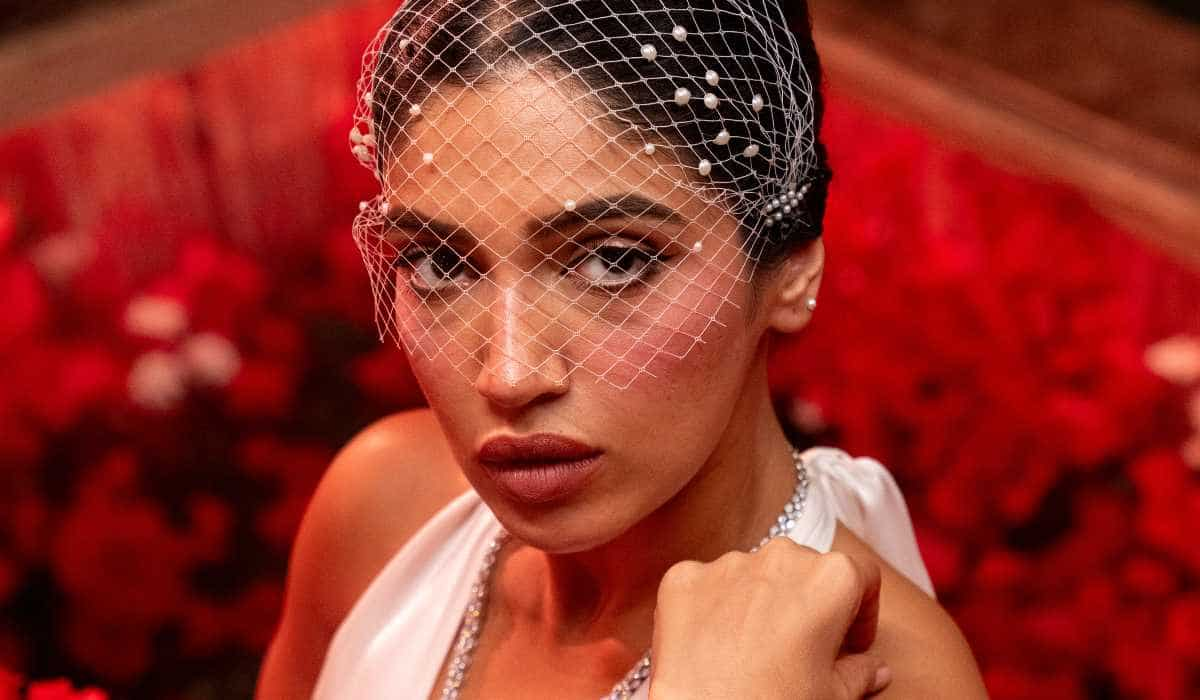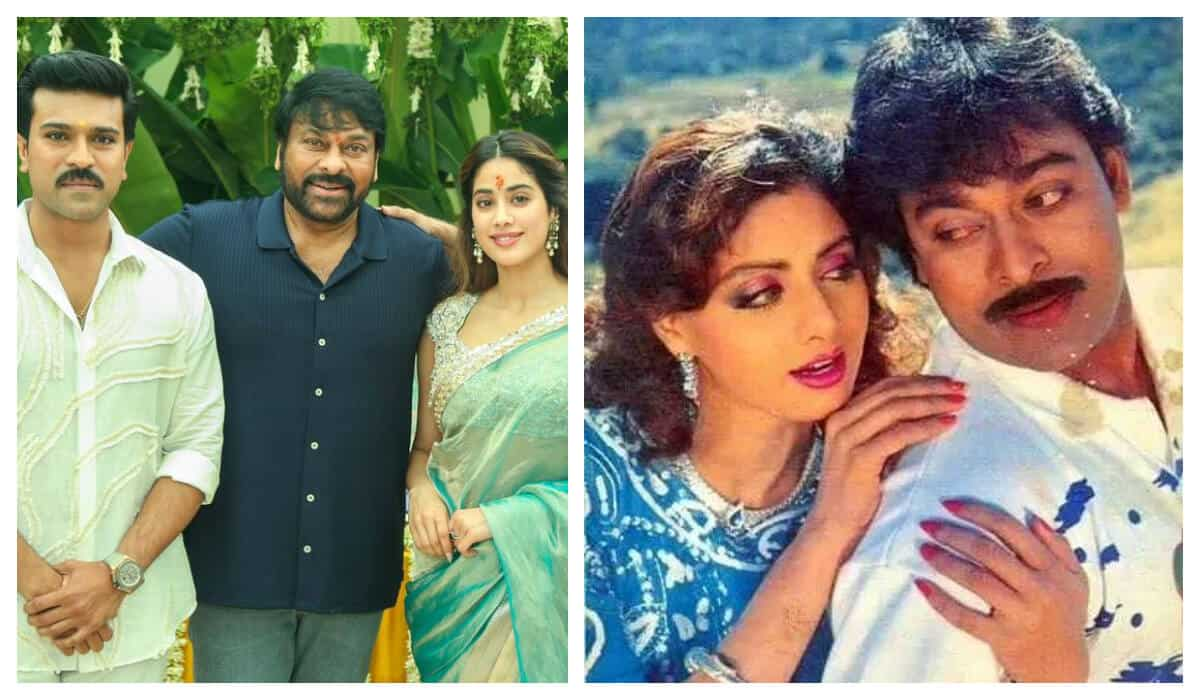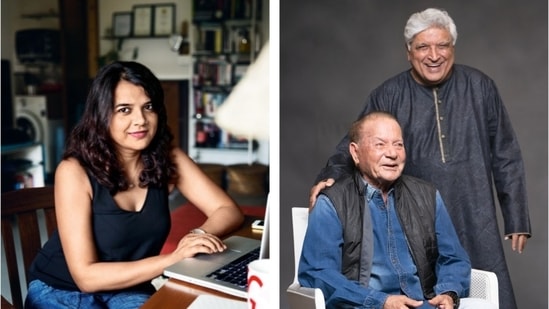
Interview: Angry Young Men director Namrata Rao told Zoya Akhtar she didn't want to make a hagiography on Salim-Javed
8 months ago | 100 Views
Namrata Rao has shaped several Hindi movies over the years in the capacity of an editor, including Sujoy Ghosh's Kahaani (2012), for which she won a National Award. Now, she turns her attention to direction with Angry Young Men, a 3-part docuseries on Salim-Javed, the screenwriter duo of the 1970s and ‘80s who invented a new language in Hindi cinema and gave birth to the Angry Young Man character type, most famously played by Amitabh Bachchan during his meteoric rise.
In an exclusive interview, Namrata opens up on her process of filming the docuseries, whether she was concerned by a conflict of interest, and why she felt the need to ask some uncomfortable questions.
Excerpts:
It's been over 40 years since Salim-Javed split up. When you had the chance to bring them together to tell their own story, why did you decide to interview Salim Khan and Javed Akhtar separately, and not in the same frame?
I've found it more interesting to shoot them separately. Of course, we had logistical concerns because we started shooting during the pandemic. It was anyway very hard to shoot. We had to maintain distance. They're aged so it wasn't very convenient for them too.
I always wanted to shoot them separately and then bring them together for one final thing. We did make them sit together and do an interview. But for me, somehow, it was not really cutting it. I wanted to see them together, but the three years I spent with them made me believe what they said individually. It became interesting to ask them the same question and see them answer separately. That revealed itself to me. When I started out, even I had this idea of having them together a lot more. But somehow, this felt better for the story.
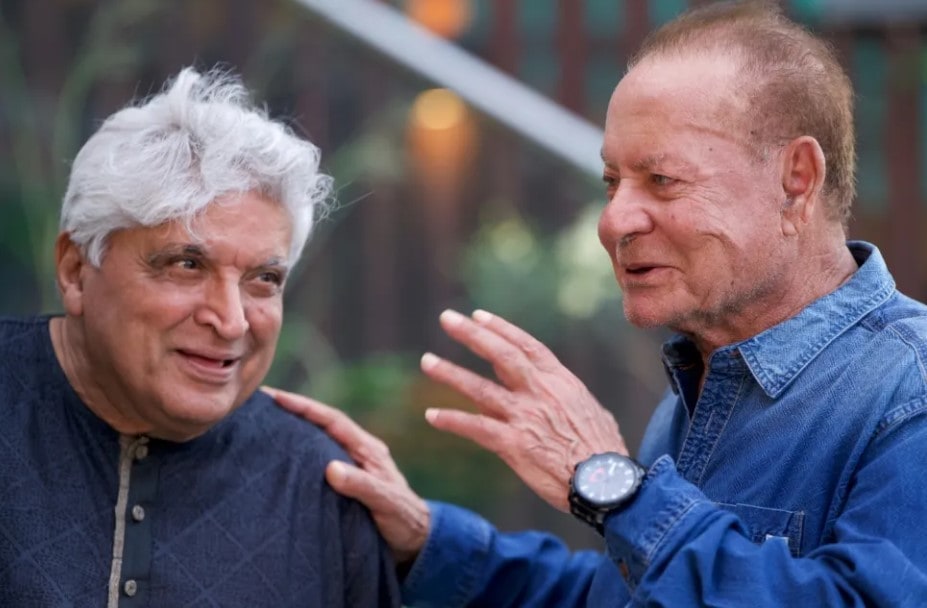
Salim Khan's son Salman Khan, and Javed Akhtar's children Farhan Akhtar and Zoya Akhtar are attached as co-producers on their fathers' docuseries. Did you ever fear a conflict of interest there?
When I started shooting the docuseries, I was very apprehensive about whether I would be censored by the producers/families. I had a word with Zoya that I do not want to do a hagiographic piece or a puff piece. That's not something that interests me a lot. Zoya had assured me that's not what they want to do either because there's so much available about them on the internet that it would be really silly if we were trying to say, "Oh, they were really good people and amazing fathers."
I did ask them a lot of uncomfortable questions. I took something out only when it didn't fit into the narrative, and not because anybody has told me to take it off because “it doesn’t reflect well on our fathers.” They've been really supportive and given me a lot of space. In fact, during the edit, none of the producers were involved. They've only seen the cuts when I was done with them, and their feedback was limited to engagement issues and factual issues, and never about “this is too personal, or this is too uncomfortable.”
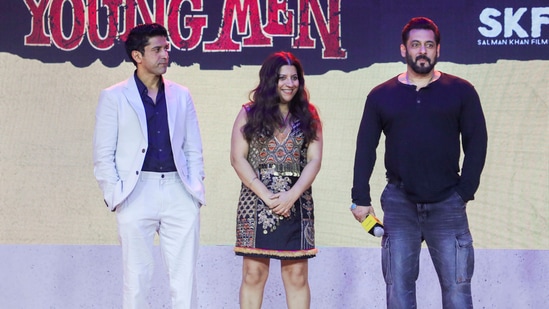
The most common criticism of their most popular film, Sholay (1975), has been that it's borrowed from the Spaghetti Western genre of Italian cinema. How crucial was it for you to address the criticism of their filmography?
It was very important for me to touch upon the criticisms, the plagiarism, the fact that their scripts started to feel similar, that there was fatigue in their work as they kept getting successful because that really changed the game for them. So you hear what they say. Now that I know them as people, I believe what they say: ‘We did it. We knew we were doing it. We used to watch a lot of films. We used to read a lot. We took whatever stayed with us and put it into our scripts.
I couldn’t put in a lot of detail in the interest of time or in the interest of narrative movement. But when you're making a portrait of an artist, you also need to have their flaws and you also need to have why they did what they did. There's no judgement to it, it is what it is. That's what makes people 3D, more human, and that's also what makes a story more interesting. Personally, I don't find stories that are only about the goodness of people that interesting.
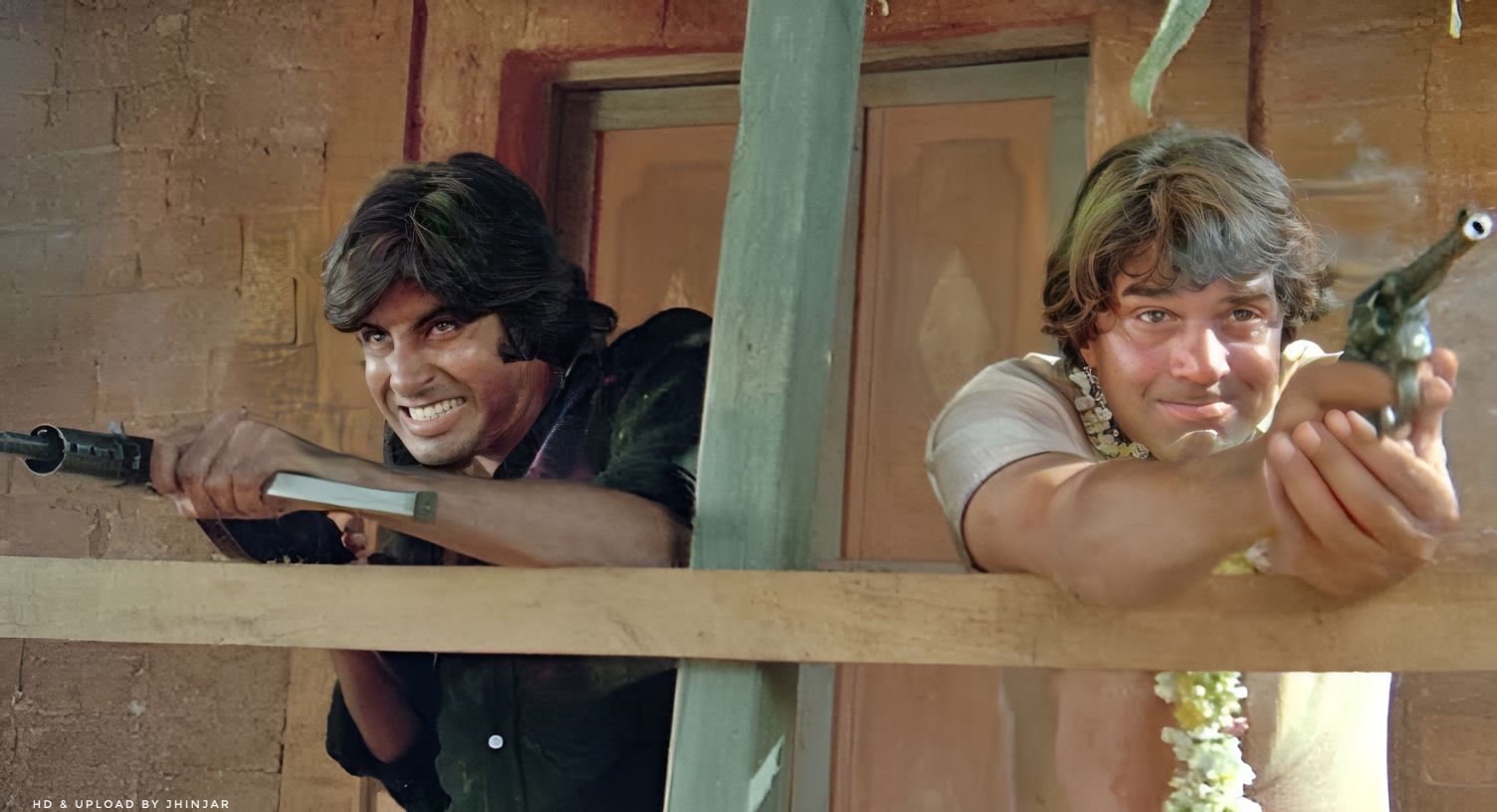
Zoya said that she wanted a female gaze on the docuseries because Salim-Javed's work is very male-centric. How important was it for you to address the criticism that their films may have had progressive women characters, but they still had precious little to do vis a vis the male hero?
Even though I like Seeta Aur Geeta (1972) so much, I still didn't like the fact that when Geeta (Hema Malini) dreams about confessing her identity to Sanjeev Kumar, he slaps her. And I was thinking of how can she dream of getting slapped herself! I asked them this question, and they admitted that they didn't know any better. As Javed sahab said, "Main abhi Geeta ko aise bilkul bhi nahi likhta" (I wouldn't write Geeta that way today). Because when she comes into Seeta's home, she sees that Seeta is a very good cook, she stitches really well. She also wants to do those things, aspires to do those things, which is not who she really is. Besides, I imagine that it was also a different time, a different atmosphere.
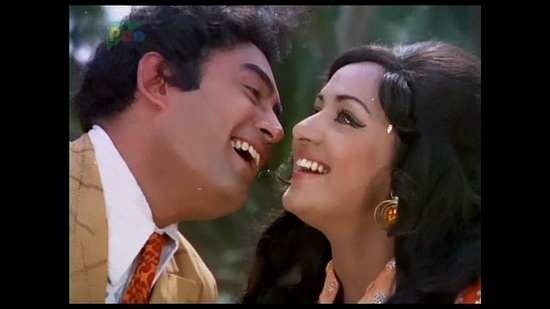
In the docuseries, Farah Khan points out that Vijay aka Amitabh Bachchan's dialogue “Main faike hue paise aaj bhi nahi uthata" from Yash Chopra's Deewar (1975) would be taken from something they said to a producer trying to shortchange them. Do you think a lot of Vijay is Salim-Javed themselves?
Salim and Javed are together Vijay. They have all the qualities that Vijay had. Of course, there's a filminess, a cinematic liberty to Vijay. More or less, they believed in the same things. That dignity and integrity should drive your life. This whole idea of dreaming larger than life and manifesting what you dream, because both of them had really humble beginnings, but they really dreamt big. Like that little Vijay who's doing boot polish (in Deewar) but believes he needs to be treated with dignity and respect. That's them. There are so many stories they've told me which have found their way into their scripts.

Which screenwriter has come the closest to Salim-Javed since their split? Do you see your producers, Zoya and Reema Kagti, carrying forward their legacy with Tiger Baby?
What made Salim-Javed was the success because nothing speaks like success. When you've written 24 films and 20 of those are hits, it's a record like no other. That's the single thing that gave them the agency, the credit they got in the industry. Reema and Zoya are a great combination. Just like Salim-Javed, they have their independent strengths as writers and when they come together, they really enhance each other's work. But we have to wait and watch till their volume of work becomes 24 films. But they always think of new ideas, are more contemporary. They're not really fixated on one character like Vijay. I really hope that they get the kind of success that Salim-Javed got.
You've factored in a lot of voices across the industry, across generations. Was it a conscious decision to not let Amitabh Bachchan's inputs weigh heavy on the docuseries? That his presence could take the focus away from Salim-Javed's legacy?
Amitabh Bachchan was the third Angry Young Man. For the world, he is the Angry Young Man, right? His inputs were very, very important. Yes, there were times that I thought I don't want to make it about him alone. Because the idea is to document or dive into the lives of Salim-Javed as creators of the Angry Young Man persona. I identified certain pockets where I knew I really wanted his inputs. Deewar was one, Jai's death in Sholay was another. Then, of course Don (1978), because it was so different from the Vijay he'd played. And there was a personal bit on how he was approached for Zanjeer (1973) after 11 flops.
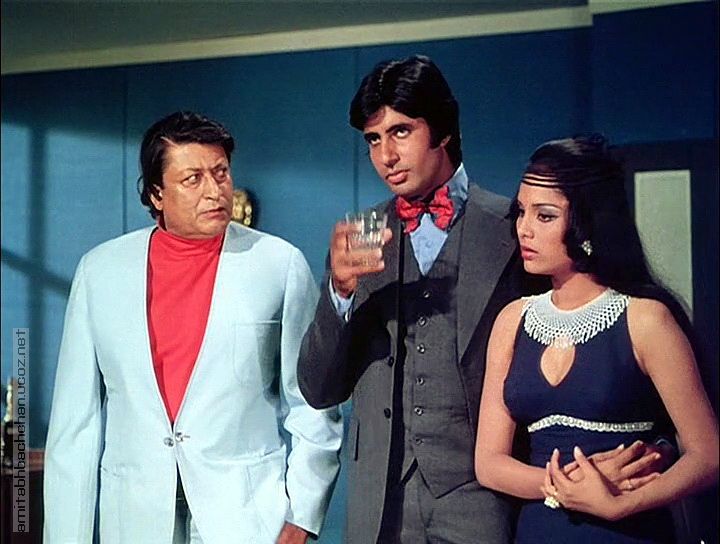
Zoya said at the trailer launch that while the initial idea behind the docuseries was to explore what went wrong with Salim-Javed that led to their split, she confessed that she still doesn't know more. Did you not probe further because you wanted their dignified silence on the split to also reflect in the docuseries?
I think the reasons for their split are there in the docuseries, but maybe not in the overt way people expected the split to be explored. So much time has passed from then, so I never wanted to explore the day they broke up, what kind of conversation they had, who took whose side, because it's almost like a breakup. All of that didn't feel very graceful. They're old now, so I don't even know whether they believe in the things they did when they were in their 30s and 40s, now that they're almost 80 and 90. It didn't feel too relevant today. The larger reasons felt more interesting to me that they were not enjoying their work together, there was fatigue that had set in, they were doing similar work, and the idea of success had really played a part.
Their professional split also coincided with their respective separations from wives Salma Khan and Honey Irani. Did they come out as completely new people after that phase?
Yes. Both of them had upheavals in professional and personal lives at the same time. It's interesting the same things happened with both of them (smiles).
Angry Young Men is streaming on Prime Video India.
Read Also: HanuMankind's Big Dawgs achieves another milestone on the Billboard Global 200
#

